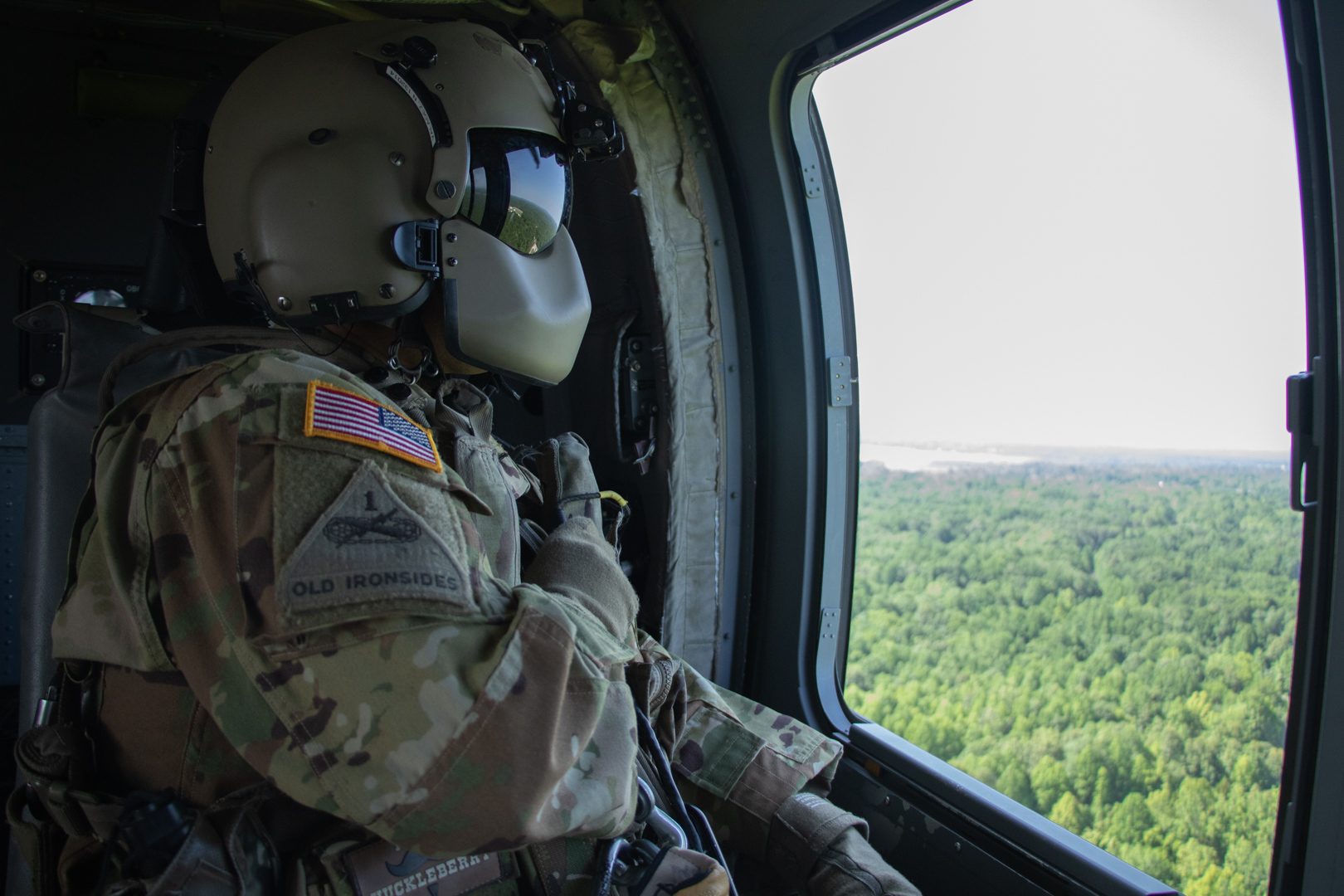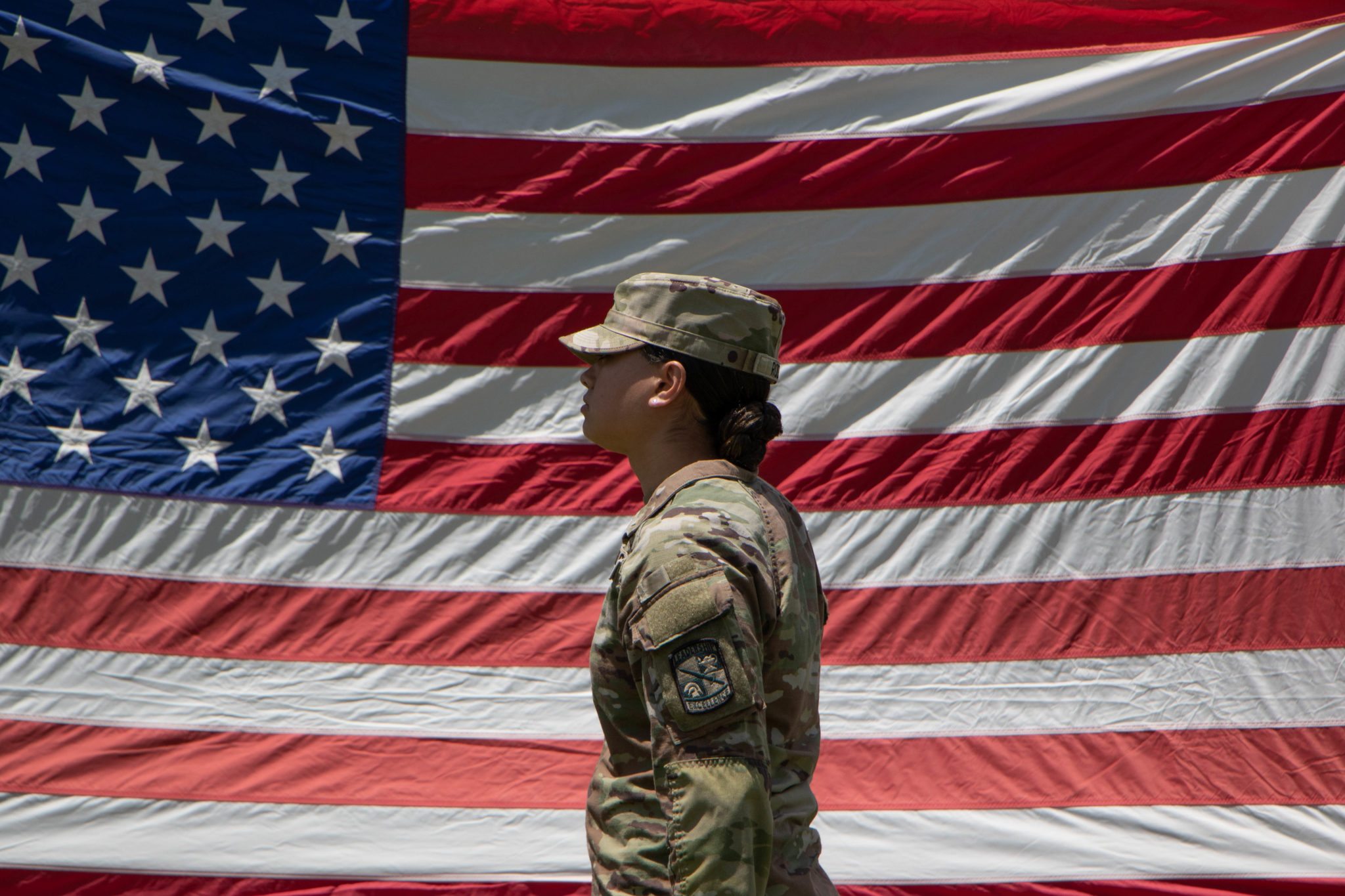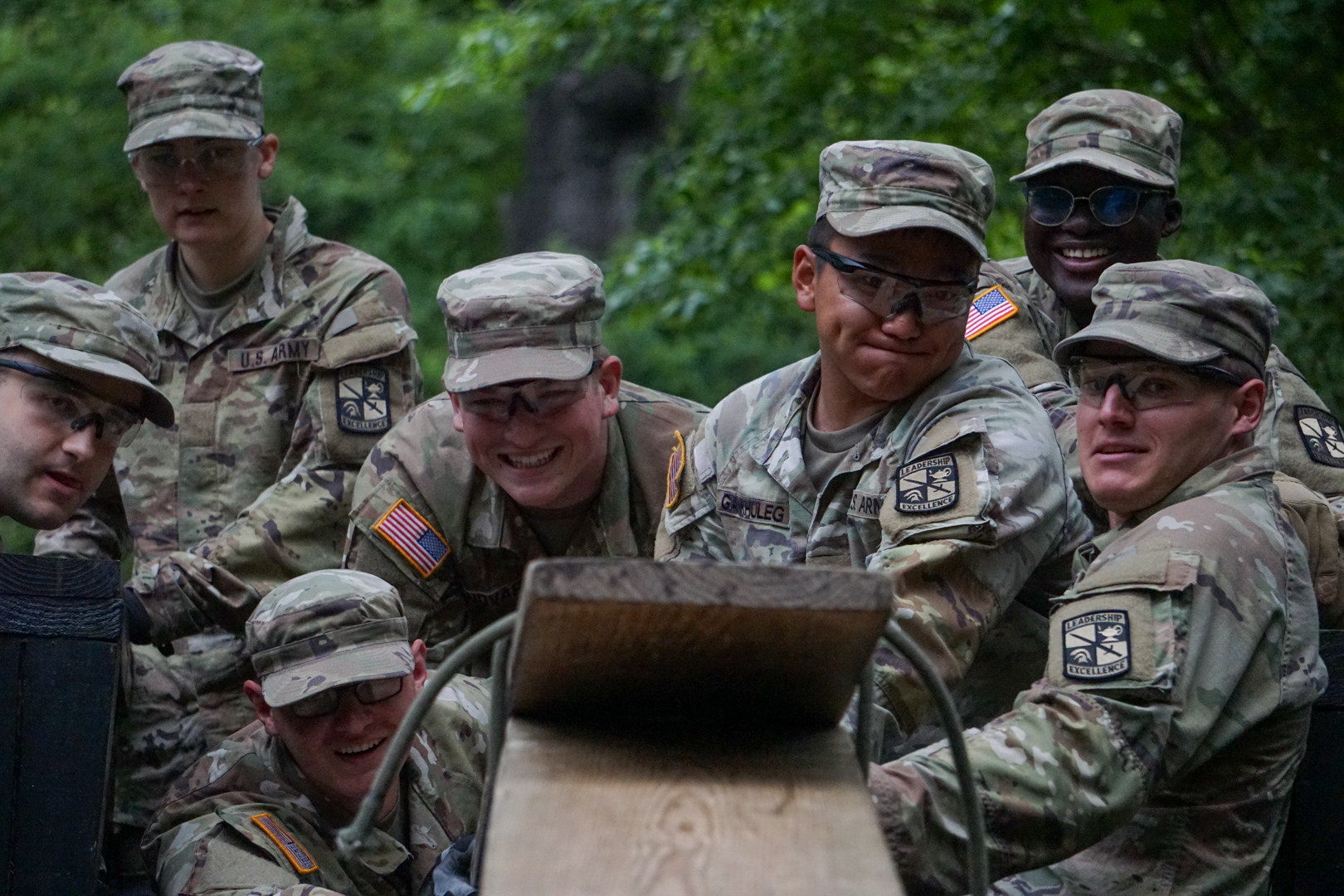2nd Regiment, Advanced Camp Cadets completed the field leader reaction course portion of Cadet Summer Training Fort Knox, Ky., June 10, 2023.
This training teaches Cadets to work together as a team and is one of the first events they complete after their in-processing days.
Many Cadets experience the Army for the first time through the Reserve Officer Training Corps and especially CST.
However, for some Cadets such as Cadet Ian Valente from Central Michigan University and Cadet Nick Nolan from Texas A&M University, the Green to Gold program allows them to commission as officers after serving as enlisted service members.
“So I enlisted in 2016 when I was 19 years old as a bridge crew member, so 12 Charlie, active duty, all seven years up until now,” Valente said. “I recently, a year ago, got accepted into the Green to Gold program active duty option which allows enlisted folk to go to college for two years and then commission as an officer.”
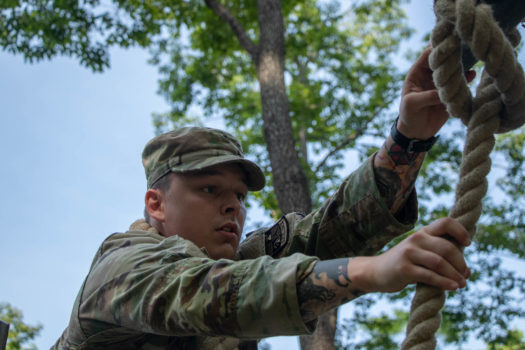
Nolan said he joined the army in 2017. He has since worked various jobs and deployed.
“I was a infantry man, and I was stationed in Fort Campbell, Ky. with 101st Airborne Division,” Nolan said. “I’ve been a rifleman, grenadier driver, machine gunner, and a team leader and a scout. I deployed with them in 2018-2019 to Iraq.”
Valente deployed twice to Afghanistan during his enlistment.
“My first one was in 2017 where I did route clearance for nine months so I acted as a combat engineer for nine months in Jalalabad, which is in eastern Afghanistan,” Valente said. “And then most recently with 82nd Airborne the evacuating of Kabul and Afghanistan too, which I think is coming up on almost two years ago now.”
Valente said he joined the Army because he wanted help paying for college after high school through the GI Bill.
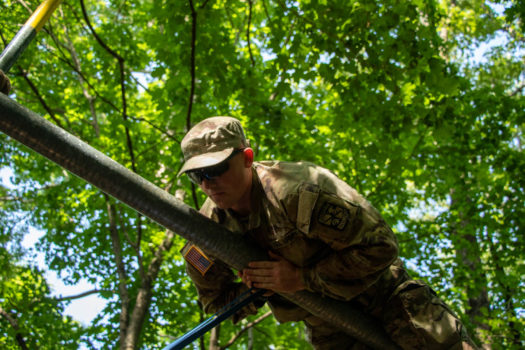
“Honestly, at first, I didn’t really have any aspirations to join the military when I was in high school,” Valente said. “But as soon as I graduated, and then started looking at college, I saw how expensive college actually was. So I was like ‘okay, I could do an enlistment, a three year contract and then get the GI bill go to college.’”
However, Valente decided to stay in the Army longer after he discovered how much he loved the work. Now, his goal is to stay in for a full 20 years.
“At the end of the three years, I was like ‘okay, I’ve still got a lot more left in the tank, a lot more that I want to do and I actually enjoy this,” Valente said. “I think it’s a fun job, so that’s really the reason I stayed in.”
Nolan said he felt the need to join the Army after high school because of a desire for stability and for something motivating in his life. He said currently his plan is to stay in for 20 years, as well.
“I needed to join the Army, because I was at a place in my life, definitely where I needed some stability,” Nolan said. “I needed something to motivate me to progress. I was very stagnant at the time as a young teenager, and the Army definitely helped me start moving and taught me discipline, taught me some valuable life skills that I don’t think I probably would have learned otherwise.”
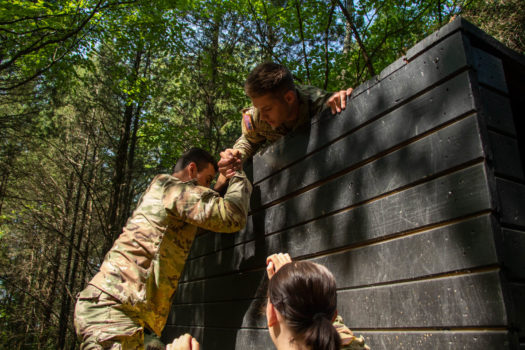
Both men decided to commission as officers because they enjoy leading and wish to impact more Soldiers. Valente said he served as both a sergeant and a staff sergeant during his enlistment.
“I just like being around Soldiers, and I want to have the highest impact on Soldiers that I can; and it just made logical sense to become an officer, because you’re the one who’s directly in charge of a platoon, making the plan, directly overseeing the Soldiers,” Valente said.
Nolan said he wanted the opportunity to be a leader in a different capacity.
“I truly love leading Soldiers as a team leader; I really enjoyed leading a fire team,” Nolan said. “I love being a part of a platoon, and I love platoons. So I was like ‘I would really enjoy leading a platoon; [it] would be nice to lead the whole platoon.’”
Both men said they see a lot of value in the training offered to future officers through CST, especially for Cadets, who do not have prior service.
“The training quality is super high,” Valente said. “I wish I would have had it when I was coming in first.”
Furthermore, Valente said that although he went through basic training, he likes the environment of CST better for learning purposes.
“In an environment like this where you’re not put into so much stress, you can really learn better than when you’re in basic training,” Valente said. “You’re getting yelled at, you’re getting screamed at and 100 other things, and you’ve got a million things to do in the two months you’re there, so it’s like drinking from a firehose. This [CST] is more relaxed, it’s a better approach I think.”
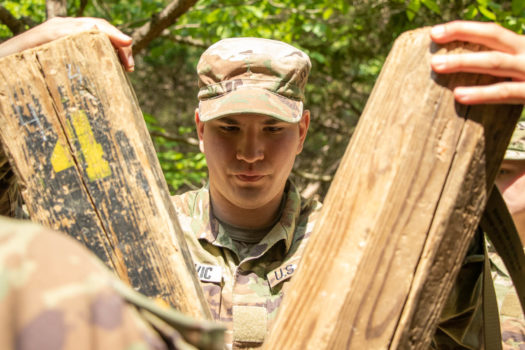
Similarly, Nolan said the training has a good, balanced approach.
“I think it’s pretty fantastic training,” Nolan said. “It’s a fantastic balance of rigor, learning, providing valuable leadership experience, while also instilling discipline but also respecting the fact that these Cadets will be future leaders. I think that’s a hard balance, but they balance it every time very well from what I’ve seen.”
Beyond that, Nolan said he thinks the training does a good job of showing Cadets how the Army operates as a whole.
“They include lots of little auxiliary things, like they went over resiliency, they went over SHARP [Sexual Harassment and Assault Response Prevention program] , EO [Equal Opportunity program], JAG [Judge Advocate General’s Corps], and those are valuable lessons for Cadets, who have otherwise never heard of those programs. So it actually has a secondary effect in teaching them a lot about how the Army functions, policy wise.”
Nolan offered encouragement for those thinking of joining the Army.
“You’ll get things out of it that you don’t expect you’ll get out of it,” Nolan said. “I think a lot of people see advertisements and watch movies and play video games, and they think they’ll get one thing out of it, but you’ll get things out of it that you don’t even know yet, that’ll be extremely beneficial for the rest of your life.”

